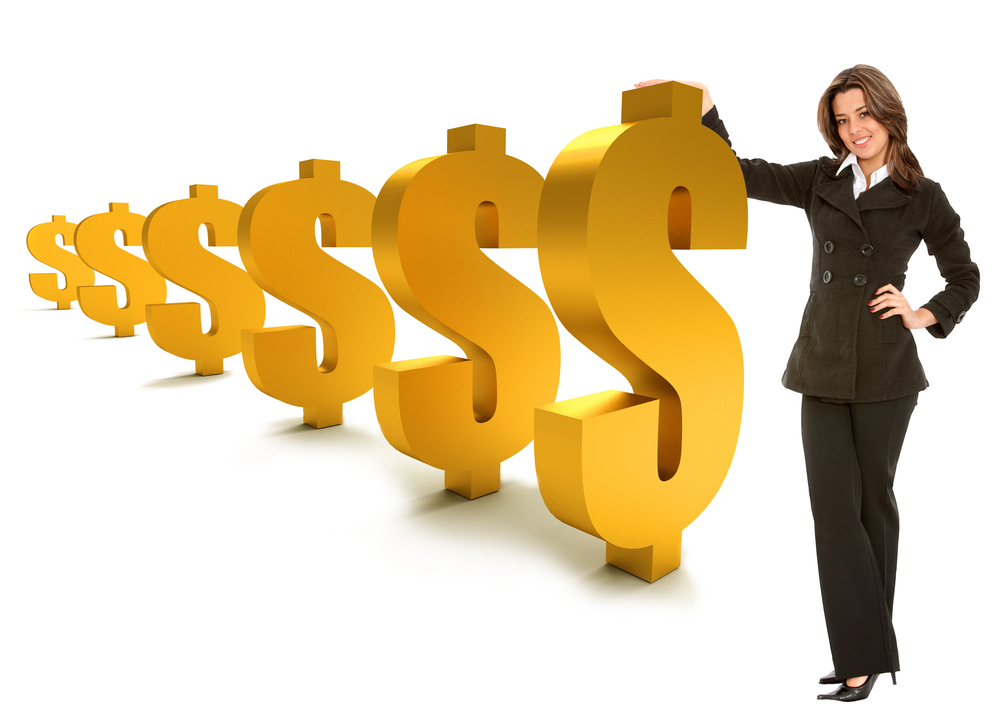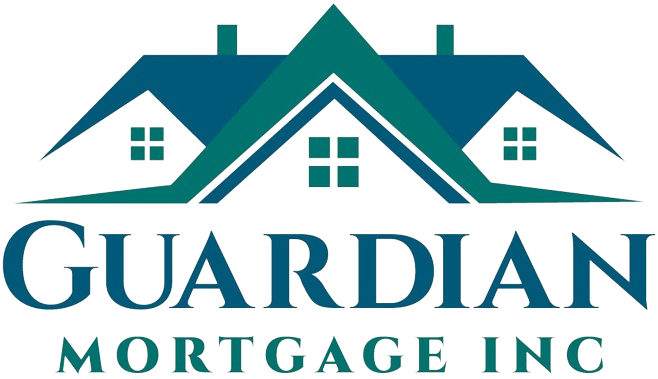Are You Curious to Know How Much Your Home is Worth?


Have you ever wondered how much your house is worth?
Your home is your biggest asset. When you know more about your home value, the more empowered you are to make informed decisions regarding your property. Whether you are considering selling your home, refinancing to lower your interest rates on the current mortgage or want to take equity out, determining how much your home is worth will help you become ready for your next steps. Knowing your home’s value can also help you decide if you want to make any upgrades to the house to increase it’s worth.
At Guardian Mortgage, we would like you to be informed of these valuable tips how knowing your home’s value can put you in better position with your financial situation.
There may be other reasons to know how much your home worth, however we have selected the TOP 7 below to get started with.
1. Homeowners Insurance

When you bought your home and got an insurance policy, it should have covered at minimum what you paid for your home. But after a few years of paying your mortgage and making some upgrades, your home has likely improved in value. In this case, it might be time to reassess your homeowner’s insurance policy. Consult with your insurance company for a refresher on your coverage policy. Knowing your home’s value will give you piece of mind and confident that you’re covered for the cost of its full value if something were to happen.
2. Real Estate Property Taxes

Your real estate property tax bill is based on the assessed value determined by the county your home is in. If you think your county has appraised your property value too high compared to your next-door neighbor or in general, you can appeal your tax bill.
County will assess your home value each year and send you the new tax bill with the new assessment value that is being used to determine your real estate property tax liability. You should contact the county right away if you feel the tax bill is high and your home is not worth that much. It might sound like a hassle at first but remember that a lower property tax bill means some money in your pocket.
3. Equity Value in Your Home

When you know the value of your home, you’ll see how much equity you’ve gained ever since you purchased it. If the value of your home is more than what you owe in mortgage, you may be able to take out a Home Equity Line of Credit or HELOC. These types of loan use that equity as collateral. You can use these funds to give you more financial stability and flexibility to do more with your house, such as to get financing to start home improvements that will add value to your home, or even invest in a second property and payoff high interest credit card debts.
4. Consider Refinancing Your Current Mortgage

When you know that the value of your home has reached at the level with 20% or more equity, at that point it may be good idea to refinance to get rid of private mortgage insurance (PMI) on your mortgage if you originally bought the house with less than 20% down payment.
You may want to just refinance to consolidate your current higher interest rates credit card bill and get one solid mortgage with lower monthly mortgage payment.
5. Renovate Your Home or Make Necessary Repairs

Knowing the value of your home is also vital to help you decide if upgrades or repairs are in order. Also know that any improvements you make to your home will not only make your home comfortable to live in but will also hypothetically increase the value of your home.
It’s a good idea to highlight and prioritize projects that will improve your home’s value, such as a kitchen or bathroom remodel, to ensure that the renovation costs will pay off. When you are ready to make improvements to your house and need the cash, you can tap into your home equity. Take home equity loan as stand-alone 2nd mortgage or take cash out by refinancing the first mortgage.
6. Decide the Best Time to Sell Your House

Knowing the value of your home is the number one factor in deciding when to sell. General reasons why you should know what your home is actually worth is that it can help you decide whether to put it on the market for sale. You don’t want to sell your largest financial asset for what you just think it may be worth, only to find out later that you could have gotten much more from it. By checking your property’s value before you list it, you will know what to expect to get from the property when you sell.
7. How to Check What is Your Home Worth?

There are several ways to check and know your home’s value. That is where we stand for you as your partner in success. We will help you determine the accurate value of your home.


